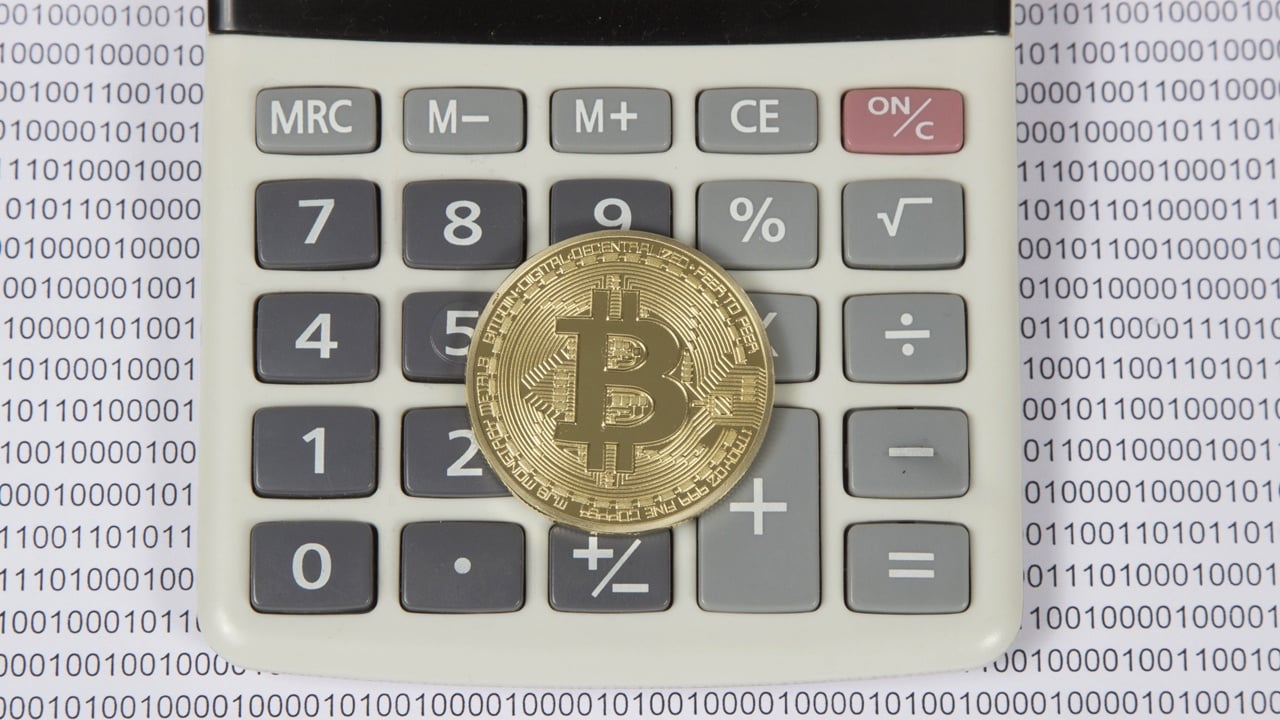Monero Not Spared, Drops 11% Despite Plans For This Gamechanging Privacy Feature
Monero, one of the world’s most valuable privacy-focused networks, is under immense selling pressure. XMR, its native currency, is down 11% from this week’s highs, extending losses from June 2024. Overall, XMR remains in a bullish formation, shaking off weakness from Q1 2024, when the coin fell due to compliance reasons. Several exchanges, including Binance, chose to delist Monero and other privacy coins, citing the need to adhere to laid-out laws, mainly in the United States. Boosting Privacy Features On Monero Through FCMP++ Despite the recent sell-off, the Monero community remains upbeat. On August 20, Monero developers said a pull request was made to integrate Full-Chain Membership Proofs (FCMP++). The feature further enhances Monero’s privacy, making it attractive for users who wish to conceal their on-chain transactions. Related Reading: New Memecoin Popcat Claws Its Way Up, Dominates Top 100 Cryptos With 62% Rally Before this update, Monero relied on Ring signatures to hide the sender’s identity. To do this, Monero obfuscates each transaction so that it appears to be sent from a group of potential senders. Unlike Bitcoin, where a sender can easily be picked out through Ring signatures, this makes it rough for third parties to determine the actual sender. The integration of FCMP++ on the mainnet takes this a level higher, enhancing transaction privacy. Technical data shows that through this integration, proving the output spent in a transaction, and thus, the sender, will be even more challenging. If anything, developers claim FCMP++ boosts the current anonymity set from 16 to 100 million. Therefore, third parties, including analytics platforms like Chainalysis, would find it hard to trace XMR transactions, translating to a higher level of confidentiality for users who treasure privacy. XMR Remains Resilient Despite Challenges Even so, the FCMP++ integration is a work in progress. With the pull request, the relevant code must undergo a rigorous review and further improvement. The goal is to ensure there are no code flaws. However, once it is finalized, the feature will set a new standard for privacy, further cementing Monero as a leader in the scene. The exact timeframe for a complete merger on-chain remains to be seen. However, what’s evident is that XMR bulls are resilient despite the drop in liquidity following the delisting. That Monero developers didn’t yield to exchanges’ pressure to comply means the mission remains. As such, enthusiasts will continue using the network. Related Reading: Buying Bitcoin Now Is Like Getting It Below $10,000 In 2019: Experts On August 23, developers unveiled a new user interface for Trezor wallet users. The latest version, “Fluorine Fermi, ” supports Trezor Safe 5. Feature image from DALLE, chart from TradingView

Monero, one of the world’s most valuable privacy-focused networks, is under immense selling pressure. XMR, its native currency, is down 11% from this week’s highs, extending losses from June 2024.
Overall, XMR remains in a bullish formation, shaking off weakness from Q1 2024, when the coin fell due to compliance reasons. Several exchanges, including Binance, chose to delist Monero and other privacy coins, citing the need to adhere to laid-out laws, mainly in the United States.
Boosting Privacy Features On Monero Through FCMP++
Despite the recent sell-off, the Monero community remains upbeat. On August 20, Monero developers said a pull request was made to integrate Full-Chain Membership Proofs (FCMP++). The feature further enhances Monero’s privacy, making it attractive for users who wish to conceal their on-chain transactions.
Before this update, Monero relied on Ring signatures to hide the sender’s identity. To do this, Monero obfuscates each transaction so that it appears to be sent from a group of potential senders. Unlike Bitcoin, where a sender can easily be picked out through Ring signatures, this makes it rough for third parties to determine the actual sender.
The integration of FCMP++ on the mainnet takes this a level higher, enhancing transaction privacy. Technical data shows that through this integration, proving the output spent in a transaction, and thus, the sender, will be even more challenging.
If anything, developers claim FCMP++ boosts the current anonymity set from 16 to 100 million. Therefore, third parties, including analytics platforms like Chainalysis, would find it hard to trace XMR transactions, translating to a higher level of confidentiality for users who treasure privacy.
XMR Remains Resilient Despite Challenges
Even so, the FCMP++ integration is a work in progress. With the pull request, the relevant code must undergo a rigorous review and further improvement.
The goal is to ensure there are no code flaws. However, once it is finalized, the feature will set a new standard for privacy, further cementing Monero as a leader in the scene.
The exact timeframe for a complete merger on-chain remains to be seen. However, what’s evident is that XMR bulls are resilient despite the drop in liquidity following the delisting. That Monero developers didn’t yield to exchanges’ pressure to comply means the mission remains. As such, enthusiasts will continue using the network.
On August 23, developers unveiled a new user interface for Trezor wallet users. The latest version, “Fluorine Fermi, ” supports Trezor Safe 5.
What's Your Reaction?




















